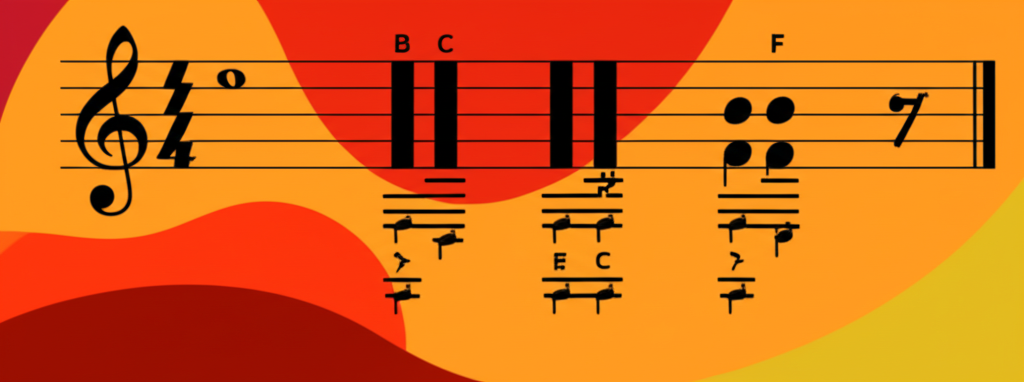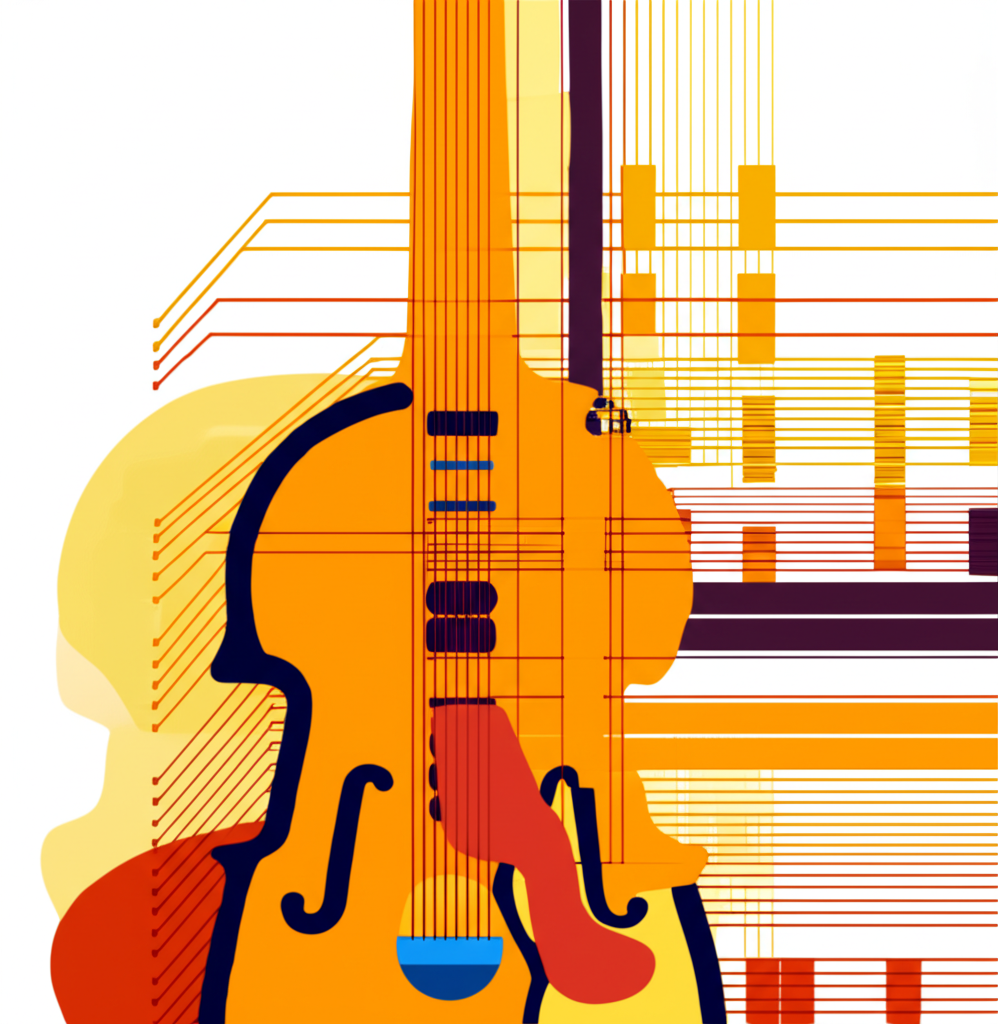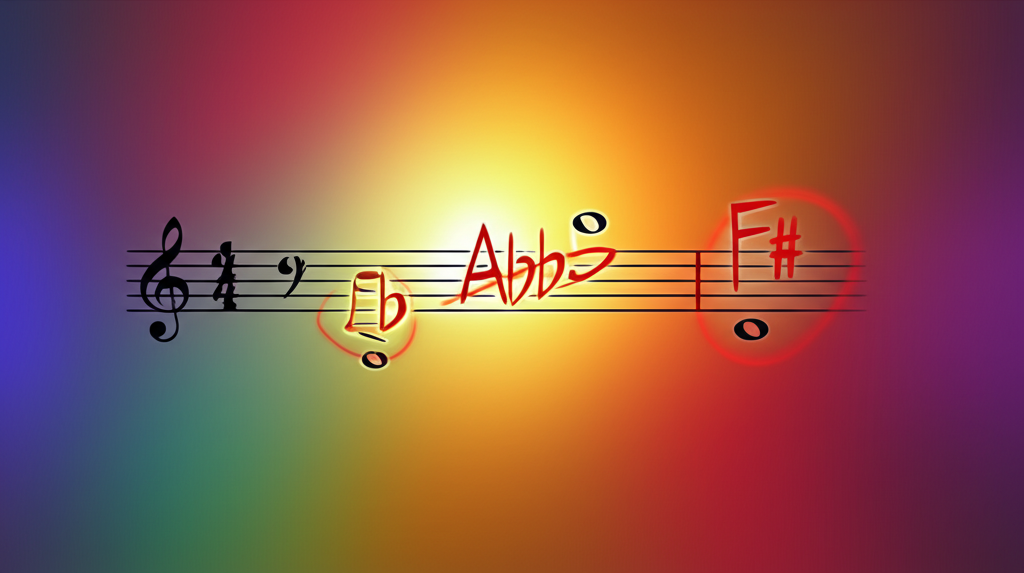Articles tagged with: "chord voicing"

Major Seventh Chord: The Jazz Standard of Sophistication
The major seventh chord elevates the basic major triad with a rich, colorful extension: the major seventh interval. This creates a sophisticated, dreamy sound that is foundational to jazz, bossa...

Mastering the 7#11 Chord: A Comprehensive Guide to Dominant Seventh Sharp Eleven
The 7#11 chord, also known as the dominant seventh sharp eleven, is a rich and colorful extended chord that adds harmonic tension and sophistication to music. This chord is particularly …

The 6/9 Chord: A Comprehensive Guide for Musicians
The 6/9 chord is a beautiful and versatile extended chord that adds color and richness to music. It is commonly used in jazz, pop, and classical music to create a …

Understanding Musical Chords: The Building Blocks of Harmony
Chords are the fundamental building blocks of harmony in Western music. This comprehensive guide explores chord construction, types, functions, and applications across musical genres. From basic...

Dominant Ninth Chord: Adding Color to Dominant Harmony
The dominant ninth chord (9) is an extended harmony that adds sophistication and color to traditional dominant function chords. Built by adding a major ninth interval to a dominant seventh …

Extended Chords: Adding Color and Sophistication to Harmony
Most musicians begin their journey by learning basic triads—the foundational building blocks of harmony. But to unlock the rich, complex sounds of jazz, R&B, and modern classical music, you need …

The Ultimate Guide to the Dominant Seventh Chord
If there's one chord that acts as the engine of Western music, it's the dominant seventh. You've heard its tense, unresolved sound countless times in everything from Bach to blues, …

Mastering the Minor 11th Chord: Theory and Application
The Minor 11th chord is a rich and complex extended chord that adds depth and color to musical compositions. This guide will explore its construction, historical context, and practical applications...

The Major Eleventh Chord: A Dreamy and Complex Sound
This article explores the rich and sophisticated world of the major eleventh chord (Maj11) . We'll uncover its unique theoretical construction, explain its characteristic dreamy yet dissonant sound,...

A Guide to Dominant Modulation: Changing Keys Like a Pro
Dominant modulation is a cornerstone of Western music, providing a smooth and powerful way to change keys. This article demystifies this essential harmonic tool, exploring what it is, how it …

The Dominant Eleventh Chord: A Guide to Its Sound, Soul, and Function
This article demystifies the dominant eleventh chord (V11), a sophisticated harmony that defines the sound of modern jazz, funk, and gospel. We explore its theoretical construction, the crucial...

Mastering the Minor Thirteenth: A Complete Guide to This Expressive Interval
A minor thirteenth is a compound interval that spans a minor thirteenth above a root note. It consists of a minor tenth (an octave plus a minor third) plus a …

Unlocking the Secrets of the Minor 13th Chord
The minor 13th chord is a lush, sophisticated harmony that often functions as a point of resolution in jazz and contemporary music. This article demystifies its theoretical structure, explains the...

What is a Musical Note? Understanding the Building Blocks of Music
A musical note is the fundamental building block of music, representing both a specific sound and a written symbol. Understanding its core properties—pitch, duration, dynamics, and timbre—is the...

Secondary Dominants: Adding Color and Direction to Chord Progressions
Secondary dominants are one of the most powerful tools in functional harmony, used to add color, tension, and forward momentum to chord progressions. By temporarily "tonicizing" chords other than the...
Mastering the Minor Thirteenth: The Complete Guide to This Colorful Interval
The minor thirteenth is a compound interval that spans 20 semitones above the root note, combining an octave plus a minor sixth. In chord construction, it typically appears as an …